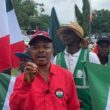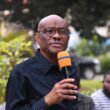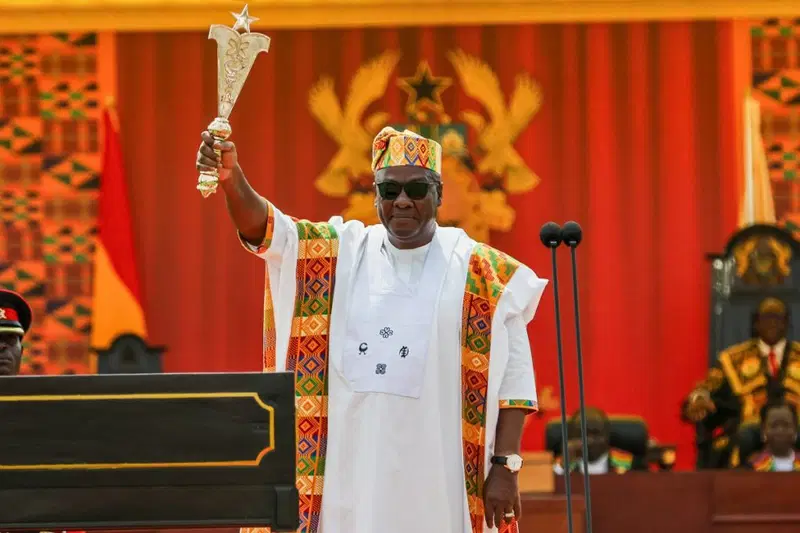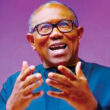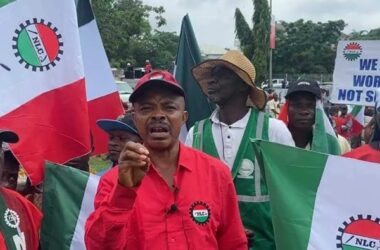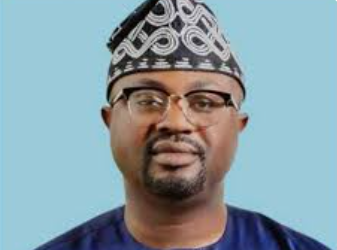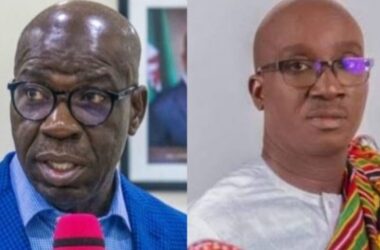John Dramani Mahama was sworn in on Tuesday, January 7, 2025, alongside Jane Naana Opoku-Agyemang, the first woman to become vice president in Ghana.
The 66-year-old leader, representing the National Democratic Congress (NDC), reclaimed the presidency in the December 9 elections, defeating Vice President Mahamudu Bawumia of the ruling New Patriotic Party (NPP).
This victory marked a significant milestone, making Mahama the first leader since Ghana’s return to multi-party democracy in 1992 to be re-elected after being voted out of office.
Mahama, who served as president from 2012 to 2017, campaigned on a platform of economic renewal and job creation. Ghana’s economic struggles, including a recent debt default and a $3-billion bailout deal with the International Monetary Fund (IMF), became central to his campaign.
The president has pledged to renegotiate parts of the IMF agreement and implement a “24-hour economy” aimed at reducing unemployment, particularly among the youth.
“People are looking for change and they trust Mahama to steer the country in a better direction,” said Mustapha Gbande, a campaign spokesperson.
In a symbolic step forward, Mahama’s vice president, Jane Naana Opoku-Agyemang, made history as Ghana’s first female vice president. Her appointment reflects a growing push for gender equality in leadership roles across the country.
Despite his triumph, Mahama faces significant challenges. His earlier presidency was overshadowed by a severe energy crisis known as “dumsor” and allegations of corruption, which damaged his reputation.
However, his campaign emphasized his international leadership experience, including his role in addressing the Ebola crisis as the chairman of ECOWAS.
Mahama has also voiced strong anti-corruption measures, including the establishment of a new office to monitor government procurements exceeding $5 million. He believes unchecked spending contributes significantly to corruption in public institutions.
On social issues, Mahama supports an anti-LGBTQ bill passed by Ghana’s parliament, a stance that has drawn international criticism. However, his focus remains on addressing the pressing economic and social issues facing the country.


